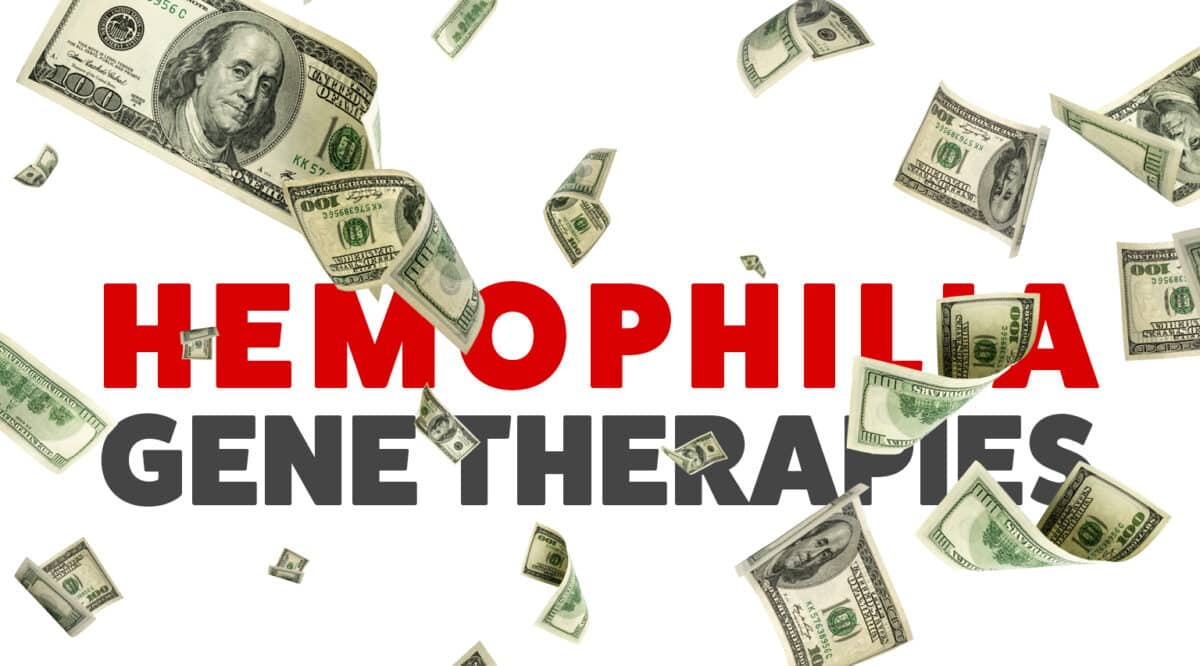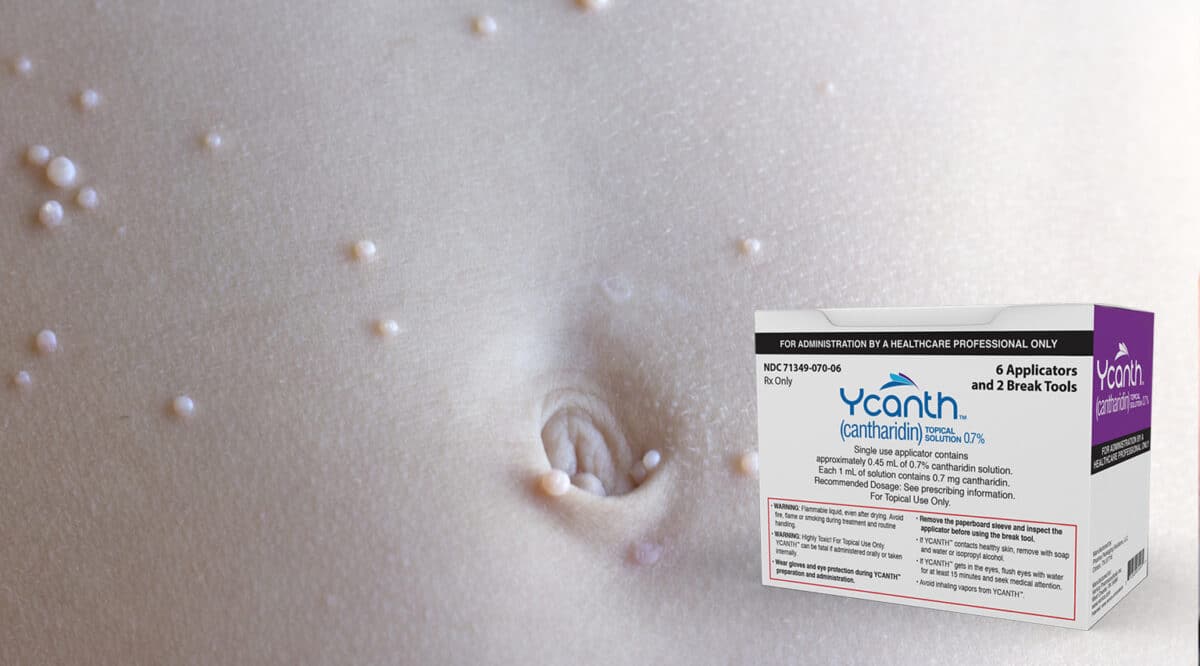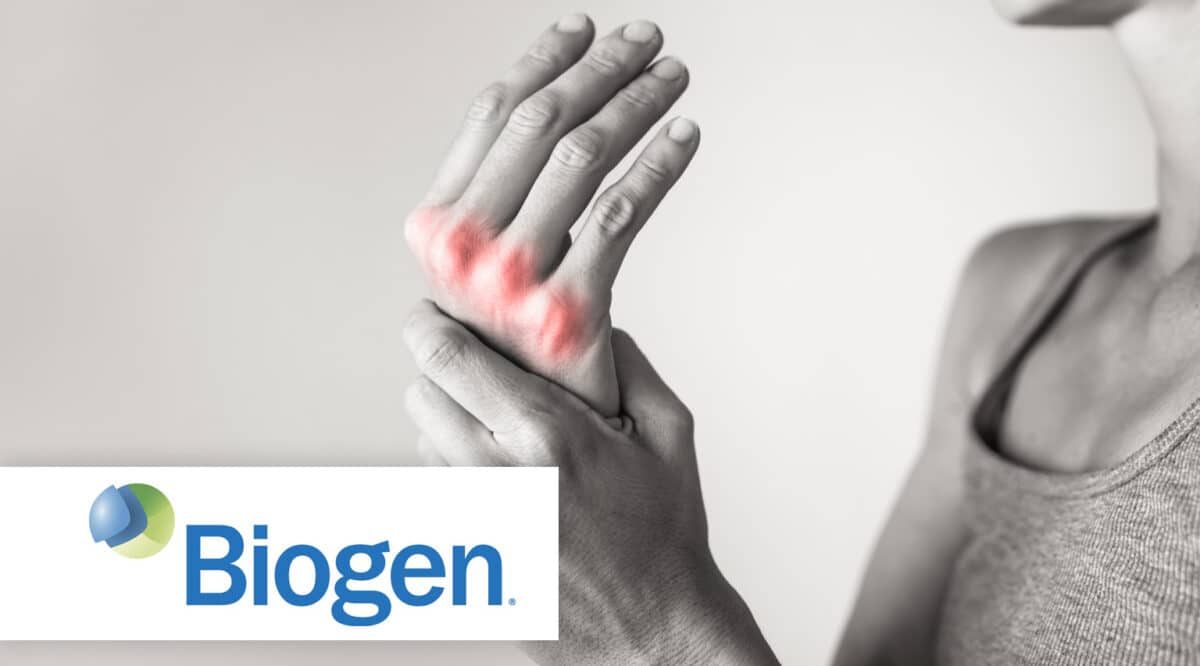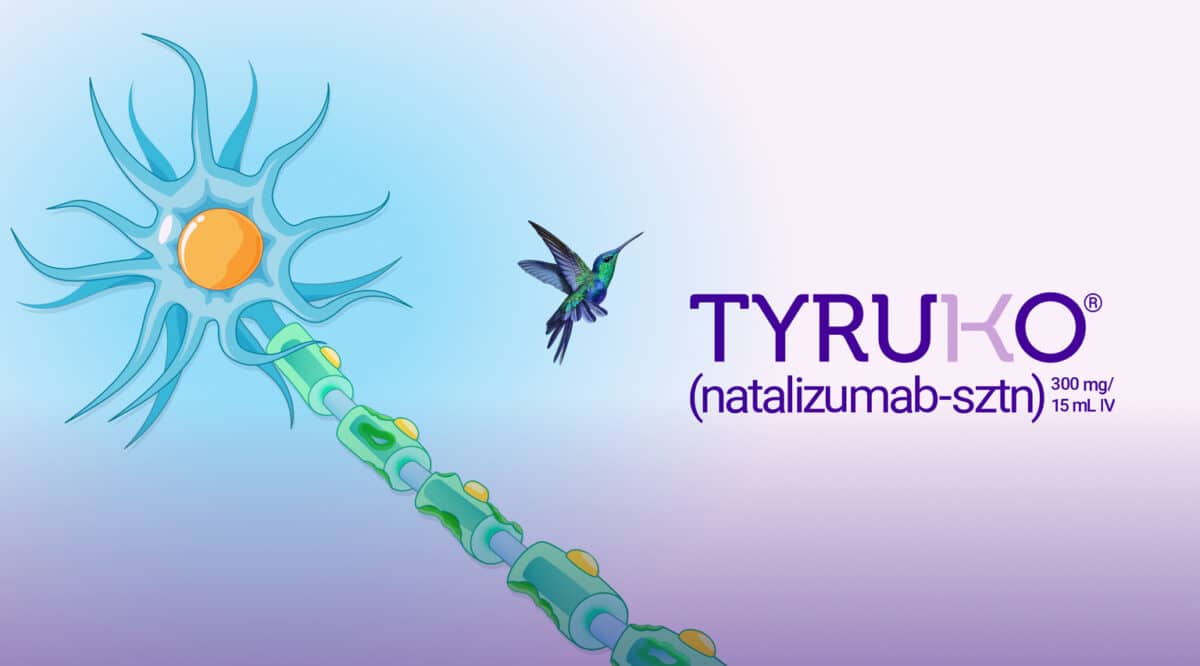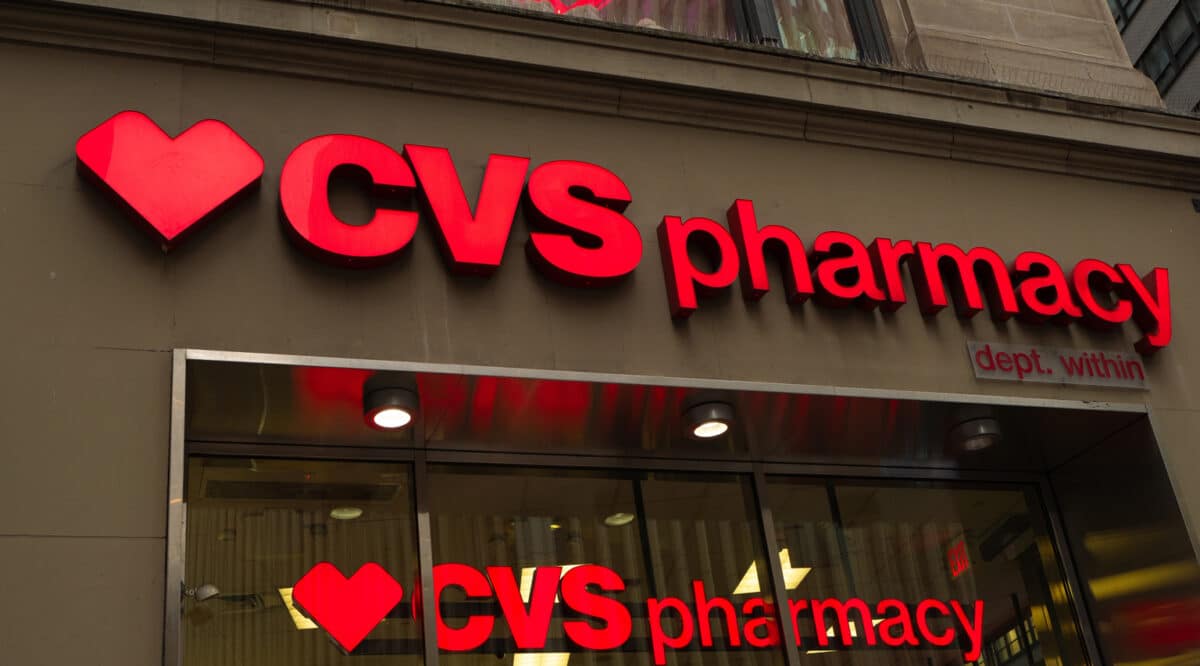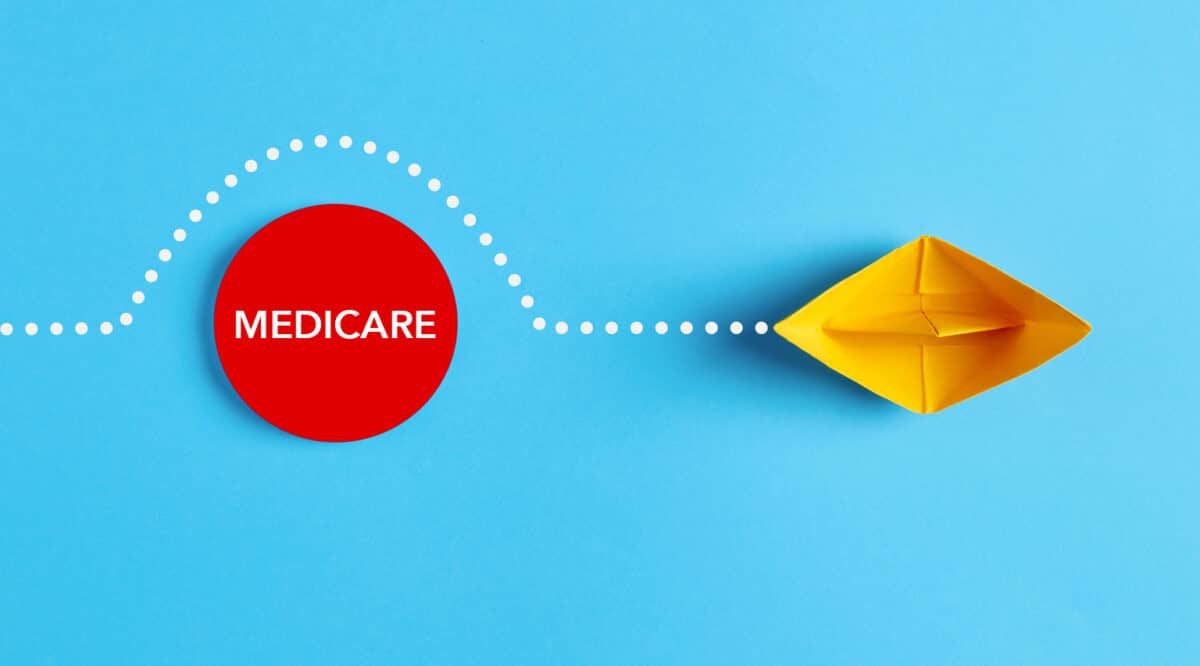In the wacky world of specialty pharmacy, the therapies that get the most attention and press coverage over the past couple of years are the big ticket items. At the tippity top of that list are the new gene and cell therapies that have smashed the multi-million-dollar per patient cost barriers. And, at the very top of that auspicious list, are the new FDA approved therapies for hemophilia with price tags that range from about $3 million to $3.5 million….. yes, the most expensive therapy approved so far.
The article being offered for your reading pleasure today won’t offer any surprises for those of you that regularly support the hemophilia patient community. However, those working within the specialty pharmacy sphere would benefit from a better understanding of why the gene therapies for hemophilia are actually easier to cost justify than most other gene therapies.
First, their efficacies are readily measurable vs. traditional blood factor products…. a more apples to apples comparison.
Secondly, gene therapies for other rare conditions are essentially ‘cures’….. where, before hand, there were mostly only therapies that managed symptoms….. a more apples to oranges comparison.
——————————————————————————–
Why Are Hemophilia Gene Therapies So Expensive?
Biomarin and CSL Behring’s haemophilia gene therapies have boosted innovation in the field, but assessing their cost effectiveness is less than straightforward.
he treatment landscape for haemophilia has undergone significant advancements following two pathbreaking FDA approvals of gene therapies for the inherited blood disorder. However, the cost and the value they provide to patients and society continue to receive scrutiny.
………………………….article continues

